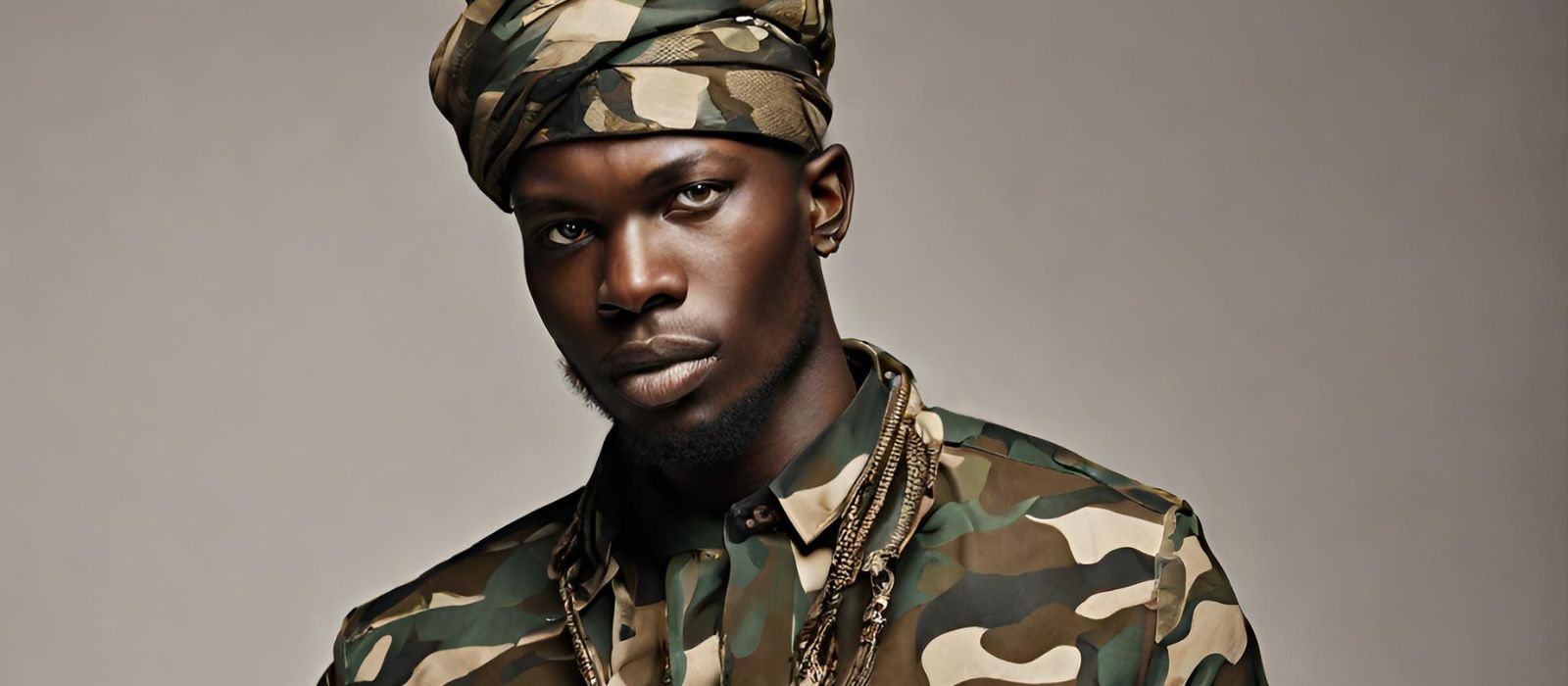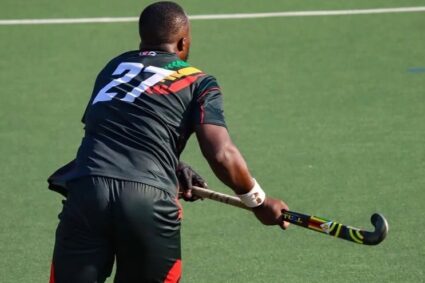
The resurgence of banned military camouflage on the streets of Zimbabwe has once again ignited concerns about unauthorized civilians donning such attire. Chapter 11:02 of Zimbabwe’s legal framework explicitly states that wearing military decorations without proper authorization is a criminal offense. This article delves into the current scenario, explores the implications, and reflects on past initiatives to curb this trend.
Zimbabwe’s constitution clearly designates the act of wearing camouflage as a crime for civilians without the explicit permission of the Zimbabwe Defence Forces. This stands in stark contrast to some other nations, where ordinary citizens, political parties, and movements freely incorporate military-style attire into their public appearances.
In countries like South Africa, civilians, political parties, including the ruling ANC, Mkhonto Wesizwe, and the Dudula movement, regularly showcase military-themed clothing during public events. However, in Zimbabwe, the wearing of such attire by civilians is deemed a criminal offense, raising questions about adherence to constitutional provisions. Despite legal prohibitions, Zimbabwe’s social scene witnesses a growing trend among citizens, musicians, and even political gatherings adopting military camouflage. The youth, particularly those identifying as ama2ks, are drawn to the allure of military prints, challenging the constitutional restrictions.
Notably, a few prominent artists like Jah Prayzah and Bethan Pasinawako have received official permission from the military to wear military-style clothing. However, the extent of this privilege among the broader artistic community remains unclear as more artists embrace army green camouflage. The constitution, while prohibiting civilians from wearing military uniforms, offers exceptions for those authorized by the army for specific purposes such as stage, film, or television productions and military representations.
In 2016, the Zimbabwean government launched a campaign to curb the widespread adoption of military camouflage, citing concerns about criminals impersonating Defence Forces personnel. Public support for this operation was substantial, with residents and politicians from various parties endorsing the move. Given the current resurgence of unauthorized military attire, there is speculation about a potential second campaign to restore order. Many who witnessed the 2016 operation wonder if history will repeat itself in addressing the perceived threats posed by civilians wearing camouflage.
The unauthorized wearing of military camouflage in Zimbabwe continues to be a contentious issue, prompting questions about the enforcement of constitutional provisions and potential future interventions.


